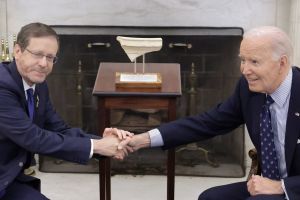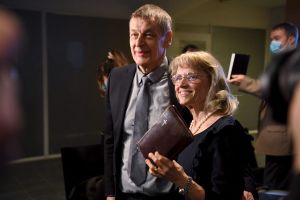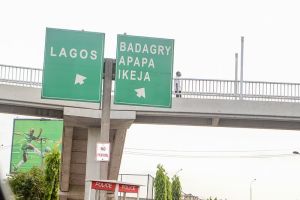50 Years Without Official School Prayer
Fifty years ago this month, the Supreme Court declared an official school prayer unconstitutional. How have the schools fared since then? The facts speak for themselves.
The June 25, 1962 ruling by the Supreme Court was Engel v. Vitale, the first in a string of decisions that seemed to rule God and the Bible out of our public schools. Justice Hugo Black wrote the Engel decision, saying, "a union of government and religion tends to destroy government and to degrade religion." I agree with that statement, but not his decision.
Justice Potter Stewart, the lone dissenter, wrote, "On the contrary, I think that to deny the wish of these schoolchildren to join in reciting this prayer is to deny them the opportunity of sharing in the spiritual heritage of our Nation." As we'll see, that heritage is quite considerable.
Part of the problem with the case in question was that the New York State Board of Regents – a government body – had written a bland prayer that they hoped would offend no one.
Well, bad cases can end up causing bad precedents. Those who objected to the prayer could, and did, point out that the state had no business getting into the prayer-writing business.
But the bigger issue is the symbolic one. The Supreme Court seemed to begin a process of censorship of God in the public schools that continues to this day.
The next year, the high court said you can't read the Bible in the schools – for devotional purposes – but they explicitly said that objective "study of the Bible or of religion" is to be allowed in schools. But many schools eventually threw the Bible out entirely.
After writing in favor of voluntary school prayer a few months ago, I had some interesting feedback from a Baptist deacon involved in the public schools. He said this of Engel : "The SCOTUS determined that any kind of organized prayer, composed by public school districts, even nondenominational prayer, is an unconstitutional government sponsorship of religion."
He added, "Public Schools should be religiously neutral." He also said the real solution is what parents do: "We should be encouraging and equipping parents to lead their children in daily prayer and Bible study, before school. Daily parent-led devotions in Christian homes across America would do more for the moral development of our children than all the government-composed generic prayers could ever hope to do." I certainly agree with him on that point.
Also he said, "Our public schools did not 'ban God from the classroom.' The US Supreme Court banned sectarian prayer and other religious observances that had been imposed on school children. Student prayer is not illegal – it happens every time there is an exam!"
I know that there are many well-intentioned people who oppose any form of school prayer, but I view as dubious the foundation of much of the opposition – that is, that the founders of America intended any reference to God in the public arena to be strictly forbidden.
The founders who gave us the first amendment also passed the Northwest Ordinance, which states, "Religion, morality, and knowledge, being necessary for good government and the happiness of mankind, schools and the means of education shall forever be encouraged." The founders did not intend religion to be banished from the schools.
When he was sworn in, George Washington said "it would be peculiarly improper to omit in this first official act my fervent supplications to that Almighty Being who rules over the universe."
Our Constitution, signed "in the year of our Lord" (referring to Jesus), is predicated on the Declaration of Independence, which says that our rights come from the Creator.
President Eisenhower said in 1955, "Without God, there could be no American form of Government, nor an American way of life. Recognition of the Supreme Being is the first – the most basic – expression of Americanism."
His successor, John F. Kennedy, said, "The rights of man come not from the generosity of the state but from the hand of God."
But today, America has amnesia, and I believe the school prayer case was part of that forgetfulness. We have turned out back on God, and we are reaping the natural consequences.
After the Columbine massacre, Darryl Scott, father of a slain student, testified to Congress:
Your laws ignore our deepest needs,
your words are empty air.
You've stripped away our heritage,
you've outlawed simple prayer.
Now gunshots fill our classrooms and
precious children die.
You seek for answers everywhere,
and ask the question "why?"
You regulate restrictive laws
through legislative creed.
And yet you fail to understand
that God is what we need.





























